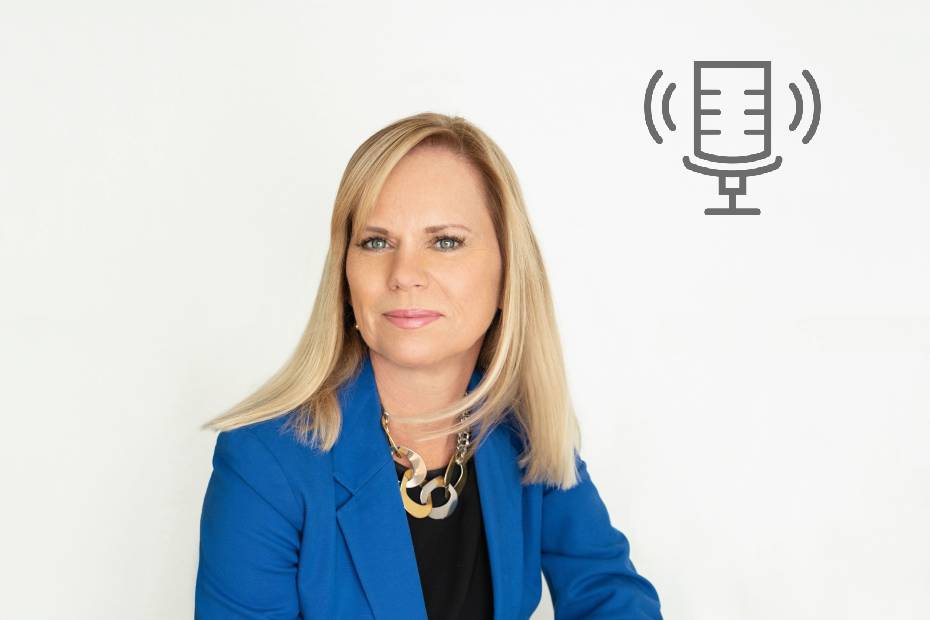Published December 15, 2022 • 4 Min Read
1. Where will you go next winter?
Whether you’ve been a snowbird for some time or are new to spending your winters south of the border, you may not be ready to give up your cross-border lifestyle. If you sell your U.S. property, you’ll want to find somewhere else to go.2. How much equity do you have in your home?
“In some markets, U.S. real estate went up over 20% in the last year or so,” says Forget. “Canadians should understand the value of their U.S. home as a way of leveraging some of their equity,” he adds. While selling your U.S. home might be a lucrative move, pulling that equity out in the form of a Home Equity Line of Credit would offer liquidity in U.S. funds. “That’s liquidity without the 30% exchange rate available to you,” says Forget.3. What shape is your home in?
During the pandemic, most Canadians did not visit their U.S. property, which means many homes did not receive regular maintenance over an extended period. “Many Canadian property owners are realizing their homes need upgrades,” says Forget. If you’re considering selling, consider the fact that you may need to spend some time and money on repairs and updates before you put your home on the market.4. Can you refinance?
“Many Canadians have built up equity over time in their U.S. property,” says Forget. “Especially if they purchased 10 years ago when the Canadian dollar and U.S. dollar were at par. This is a timely opportunity to consider refinancing, particularly because interest rates are still historically low — and they won’t stay that way for long.” Forget offers a few options for property owners, including the option to refinance and lock in a rate for a term of three to ten years as a cash-out mortgage, then use the funds to renovate or cover U.S. bills and expenses. “It’s very beneficial to have U.S. cash on hand without the concern for fluctuating foreign exchange costs,” says Forget.5. Are you aware of your U.S. tax1 obligations?
In the U.S., like in Canada, if you sell your home for more than you paid for it, you’re required to pay tax on the difference, minus some expenses — known as capital gains tax. And even as a Canadian resident, your tax obligation falls to the U.S. government first. If you have owned your property for at least a year, you will be subject to long-term capital gains tax at one of the following rates (as of 2022):- 0% if you’re a single taxpayer with a taxable income of less than $39,376
- 15% if you’re a single filer with taxable income less than $434,551
- 20% if you’re a single filer with a taxable income of more than $434,551
- Capital gains are taxed like ordinary income earned in the U.S. if you owned your property for less than a year.

Thinking About Selling Your U.S. Property?
Leveraging your U.S. home equity can provide you access to U.S. dollars without having to sell your U.S. property Learn more
1 Consult your financial, tax, legal and other professional advisors for advice on your individual situation.
This article is intended as general information only and is not to be relied upon as constituting legal, financial or other professional advice. A professional advisor should be consulted regarding your specific situation. Information presented is believed to be factual and up-to-date but we do not guarantee its accuracy and it should not be regarded as a complete analysis of the subjects discussed. All expressions of opinion reflect the judgment of the authors as of the date of publication and are subject to change. No endorsement of any third parties or their advice, opinions, information, products or services is expressly given or implied by Royal Bank of Canada or any of its affiliates.
Share This Article






